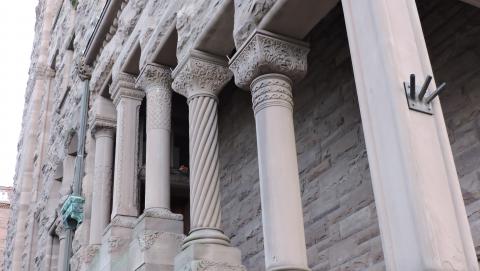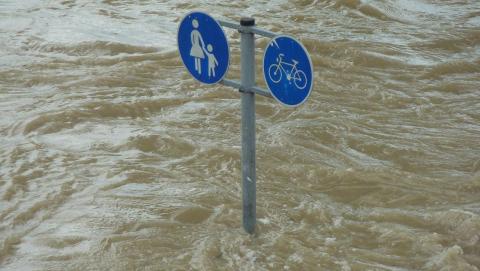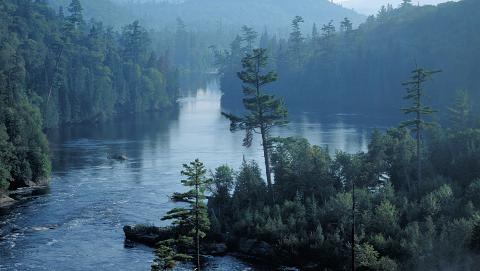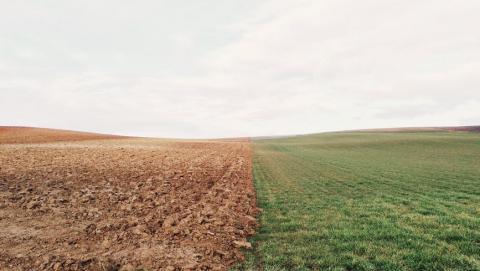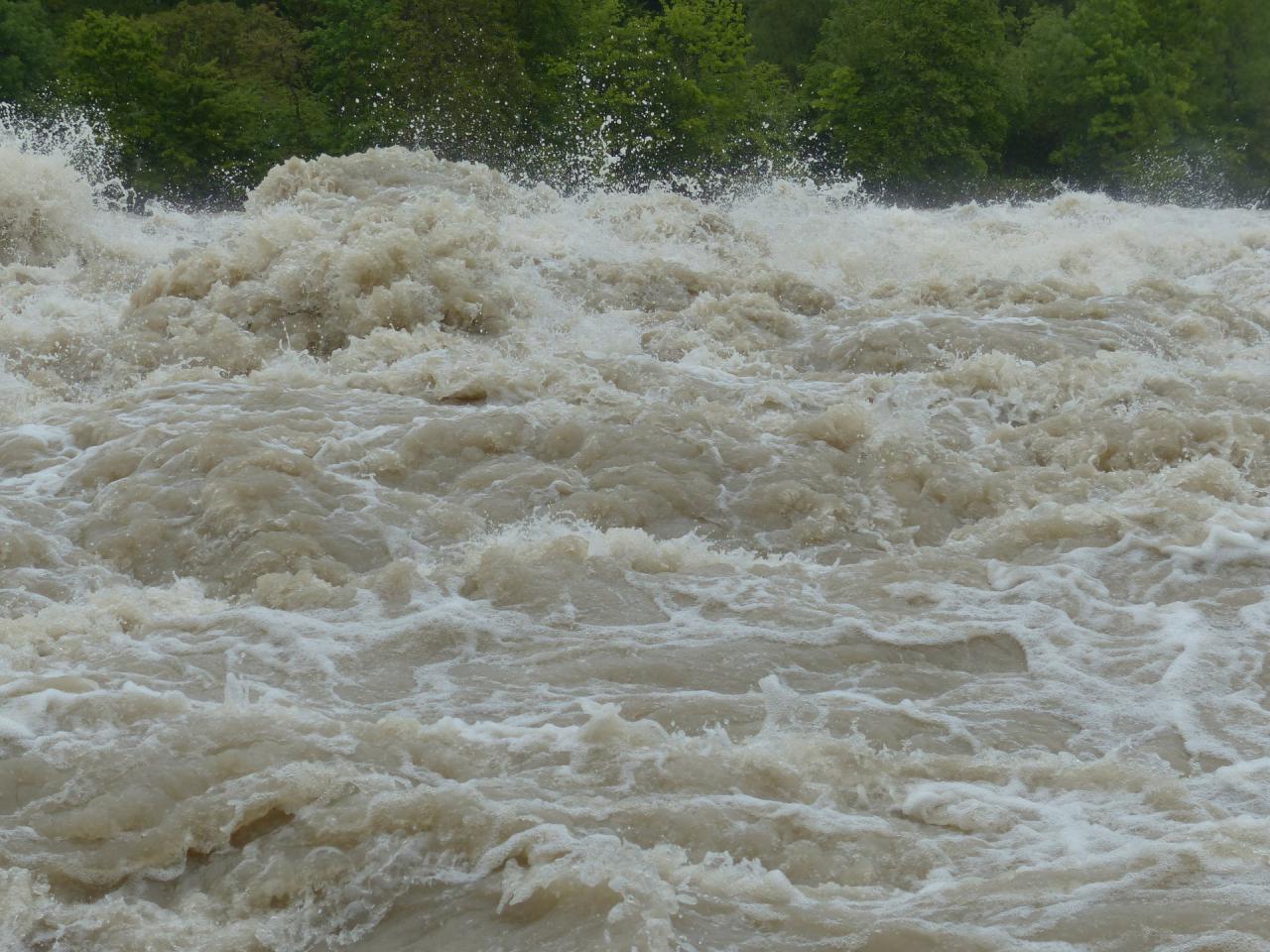
Come Hell or High Water: Flooding, Climate Change and Municipal Response
The purpose of Come Hell or High Water: Flooding, Climate Change and Municipal Responses discussion paper is to explore how the global issue of climate change and changing weather patterns impact municipal policies and strategies as it relates to flooding, high water, and erosion. The paper was developed as a way to touch base with AMO members in order to identify what their experiences with flooding have been and what solutions they would like to see advocated for. This paper is meant to serve both as a starting point for local discussions or strategies on flooding, and to inform broader discussions on what directions AMO advocacy on flooding and climate change could go.
This paper is by no means an exhaustive analysis of flooding, high waters, and erosion in Ontario, and does not seek to duplicate or replace the extensive research work that is being done by a number of organizations and practitioners on this issue, such as the Intact Centre on Climate Change Adaptation at the University of Waterloo, the Climate Risk Institute, the Institute for Catastrophic Loss Reduction, and our partner conservation authorities (where they exist in Ontario). Instead, the angle of this paper is to add a municipal voice to the ongoing discussion. To that end, the paper includes an appendix which provides resources from these organizations and others on best management practices and studies of interest on the topic of municipal flooding and climate change adaptation strategies.
Flooding is a weather event that impacts municipalities all across Ontario and can occur from a number of different sources. This paper discusses flooding in generally broad terms so communities who face lake floods, river floods from snow melt and ice jams, flash or “micro-burst” floods, and/or urban floods can make use of the insights and strategies covered in the pages below.
However, in identifying municipalities to consult for the development of this paper, outreach efforts focussed on municipalities that have dealt with major flood events in recent years on the Great Lakes, in the Muskoka region, and along the Ottawa River. This was done to limit the scope of the paper and because these municipalities often sit at the intersection of a number of pressures such as high lake levels, strong winds, unstable shorelines, and more frequent and intense storms, that put them at a high risk of experiencing ongoing flooding events. This is not to discount the fact that floods also occur in non-shoreline urban municipalities and municipalities with rivers other than the Ottawa River, but rather to recognize that many municipalities in the Great Lakes, Ottawa River, and Georgian Bay regions have recent experiences with flooding and could thus provide insights and lessons-learned from those events.
Ultimately, all cases of flooding boil down to the fact that nature is throwing more water at municipalities than can be managed. This paper explores what options exist for municipalities to address this reality.
